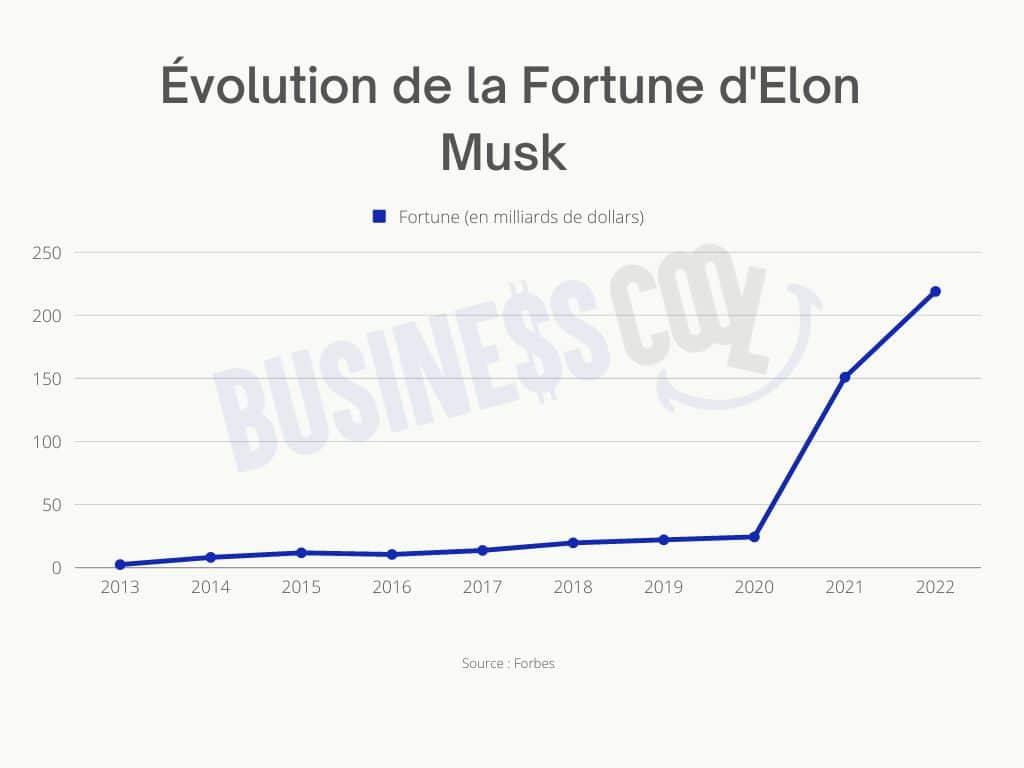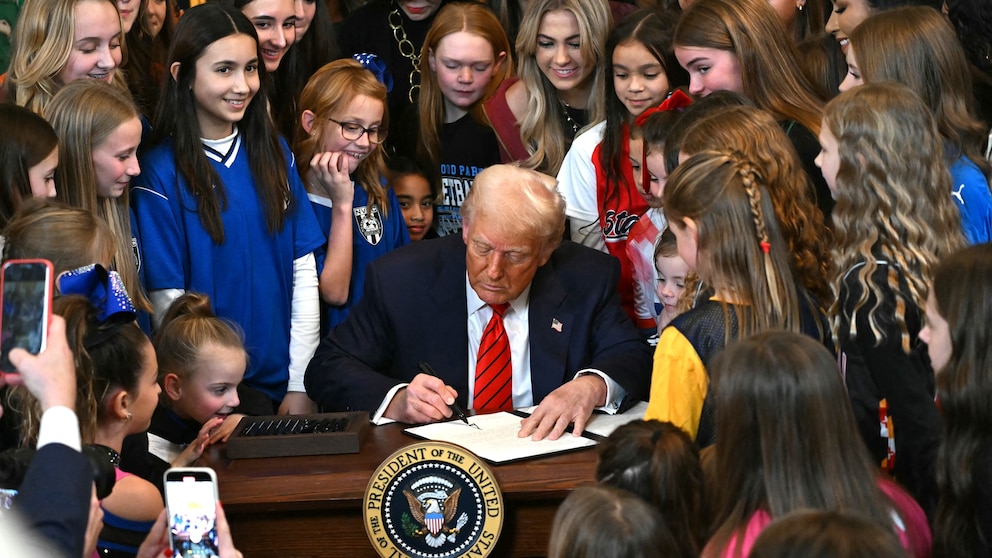Tesla's Success And Elon Musk's Fortune: An Examination Of US Economic Factors

Table of Contents
The Role of US Government Incentives in Tesla's Growth
Tesla's early development and subsequent expansion benefited significantly from various US government incentives. These played a crucial role in fostering the electric vehicle (EV) market and establishing Tesla as a leading player.
EV Tax Credits and Subsidies
The US government, at both federal and state levels, has offered substantial tax credits and subsidies to promote the adoption of electric vehicles. These incentives directly impacted Tesla's bottom line and accelerated its growth trajectory.
- Federal Tax Credit: The federal EV tax credit, offering thousands of dollars in tax reductions for purchasing a new electric vehicle, significantly reduced the upfront cost for consumers, boosting demand.
- State-Level Incentives: Many states also implemented their own EV incentives, such as rebates, tax exemptions, and high-occupancy vehicle (HOV) lane access, further encouraging EV adoption.
- Clean Energy Initiatives: Government funding directed towards renewable energy research and development indirectly benefited Tesla by furthering battery technology and fostering a supportive regulatory environment. These policies significantly reduced the barriers to entry for EV manufacturers like Tesla.
Infrastructure Investment and Charging Network Development
Government investments in infrastructure, particularly the expansion of the national highway system and initiatives supporting charging station development, provided a crucial foundation for Tesla's success.
- Supercharger Network: Tesla's strategic investment in its Supercharger network addressed the range anxiety often associated with electric vehicles, significantly increasing consumer confidence and driving sales. This network was initially heavily subsidized, both explicitly through grants and implicitly through tax benefits.
- Public Charging Stations: While Tesla focused on its proprietary network, government funding for public charging stations created a more widespread EV charging infrastructure, facilitating broader EV adoption and indirectly supporting Tesla's success. This wider network lessened the pressure on Tesla's own resources.
The US Market's Demand for Luxury and High-Tech Vehicles
Tesla's success isn't solely attributable to government support; it also taps into specific demands within the US market.
Affluent Consumer Base
Tesla strategically positioned itself as a luxury brand, offering high-performance electric vehicles with advanced technological features. This appealed to a significant segment of the affluent US consumer base, who are willing to pay a premium for sustainable and technologically advanced products.
- Demographics: Tesla's customer base skews towards higher income brackets, demonstrating the importance of the luxury market segment in driving sales.
- Brand Image: Tesla cultivated a strong brand image associated with innovation, exclusivity, and environmental consciousness, further enhancing its appeal among affluent consumers.
Growing Awareness of Environmental Concerns
The increasing environmental awareness among US consumers has contributed significantly to Tesla's market position. Tesla successfully capitalized on the growing demand for environmentally friendly vehicles.
- Sustainability: Tesla’s marketing effectively emphasized its commitment to sustainability and reducing carbon emissions, resonating with environmentally conscious consumers.
- Green Technology: The brand's focus on green technology and its role in combating climate change helped garner significant positive media attention and further strengthened its market position.
Innovation and Technological Leadership in the US Automotive Industry
Tesla's technological leadership within the US automotive industry is another critical factor in its success.
Battery Technology and Production
Tesla's advancements in battery technology and its vertical integration strategy have given it a substantial competitive advantage.
- Gigafactories: Tesla's gigafactories significantly reduced battery production costs, enabling them to offer more competitively priced EVs.
- Battery Chemistry: Constant innovation in battery chemistry, resulting in increased energy density and longer ranges, further solidified Tesla's technological leadership.
Autonomous Driving Technology and Software
Tesla's autonomous driving technology, including Autopilot and Full Self-Driving capabilities, has also played a crucial role in its market appeal and future potential.
- Autopilot and FSD: These features, despite ongoing development and limitations, have attracted significant attention and contributed to Tesla's unique brand identity.
- Over-the-Air Updates: Tesla's ability to deliver over-the-air software updates, constantly improving vehicle performance and adding new features, provides a significant competitive edge.
Conclusion
Tesla's success and Elon Musk's fortune are inextricably linked to several key US economic factors. Government incentives significantly reduced barriers to entry and fostered the growth of the EV market, while the US market's demand for luxury, high-tech, and environmentally friendly vehicles provided fertile ground for Tesla's expansion. Finally, Tesla's own technological leadership in battery technology and autonomous driving cemented its position as a market leader. Considering ongoing investments in renewable energy and the growing global awareness of climate change, Tesla's future prospects within the US remain strong. What other economic factors do you believe have contributed to Tesla's success and Elon Musk's fortune? Share your thoughts in the comments below! Let's continue the discussion on Tesla's success and Elon Musk's fortune.

Featured Posts
-
 Fed Holds Steady Why No Rate Cuts Yet
May 10, 2025
Fed Holds Steady Why No Rate Cuts Yet
May 10, 2025 -
 Ihsaa Bans Transgender Athletes Following Trump Administration Order
May 10, 2025
Ihsaa Bans Transgender Athletes Following Trump Administration Order
May 10, 2025 -
 Disneys Positive Profit Revision Parks And Streaming Fueling Growth
May 10, 2025
Disneys Positive Profit Revision Parks And Streaming Fueling Growth
May 10, 2025 -
 West Bengal Board Madhyamik Result 2025 Official Merit List
May 10, 2025
West Bengal Board Madhyamik Result 2025 Official Merit List
May 10, 2025 -
 The Impact Of Broadcoms Extreme V Mware Price Hike At And Ts Perspective
May 10, 2025
The Impact Of Broadcoms Extreme V Mware Price Hike At And Ts Perspective
May 10, 2025
Latest Posts
-
 9 Players With A Shot At Breaking Alex Ovechkins Nhl Goal Record
May 10, 2025
9 Players With A Shot At Breaking Alex Ovechkins Nhl Goal Record
May 10, 2025 -
 Will Leon Draisaitl Play In The Oilers Playoffs Injury Update
May 10, 2025
Will Leon Draisaitl Play In The Oilers Playoffs Injury Update
May 10, 2025 -
 Can Anyone Break Ovechkins Nhl Goal Record 9 Potential Candidates
May 10, 2025
Can Anyone Break Ovechkins Nhl Goal Record 9 Potential Candidates
May 10, 2025 -
 Nhl Playoffs Game 1 Oilers Vs Kings Predictions Picks And Best Bets
May 10, 2025
Nhl Playoffs Game 1 Oilers Vs Kings Predictions Picks And Best Bets
May 10, 2025 -
 Oilers Vs Kings Expert Predictions For Game 1 Of The Nhl Playoffs
May 10, 2025
Oilers Vs Kings Expert Predictions For Game 1 Of The Nhl Playoffs
May 10, 2025
